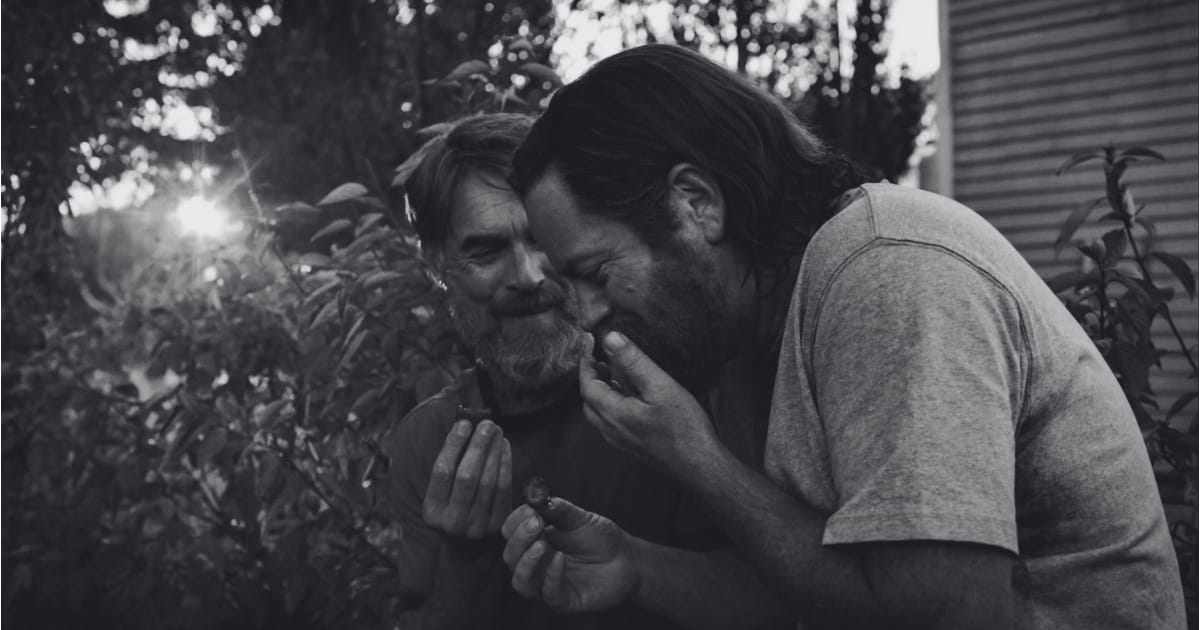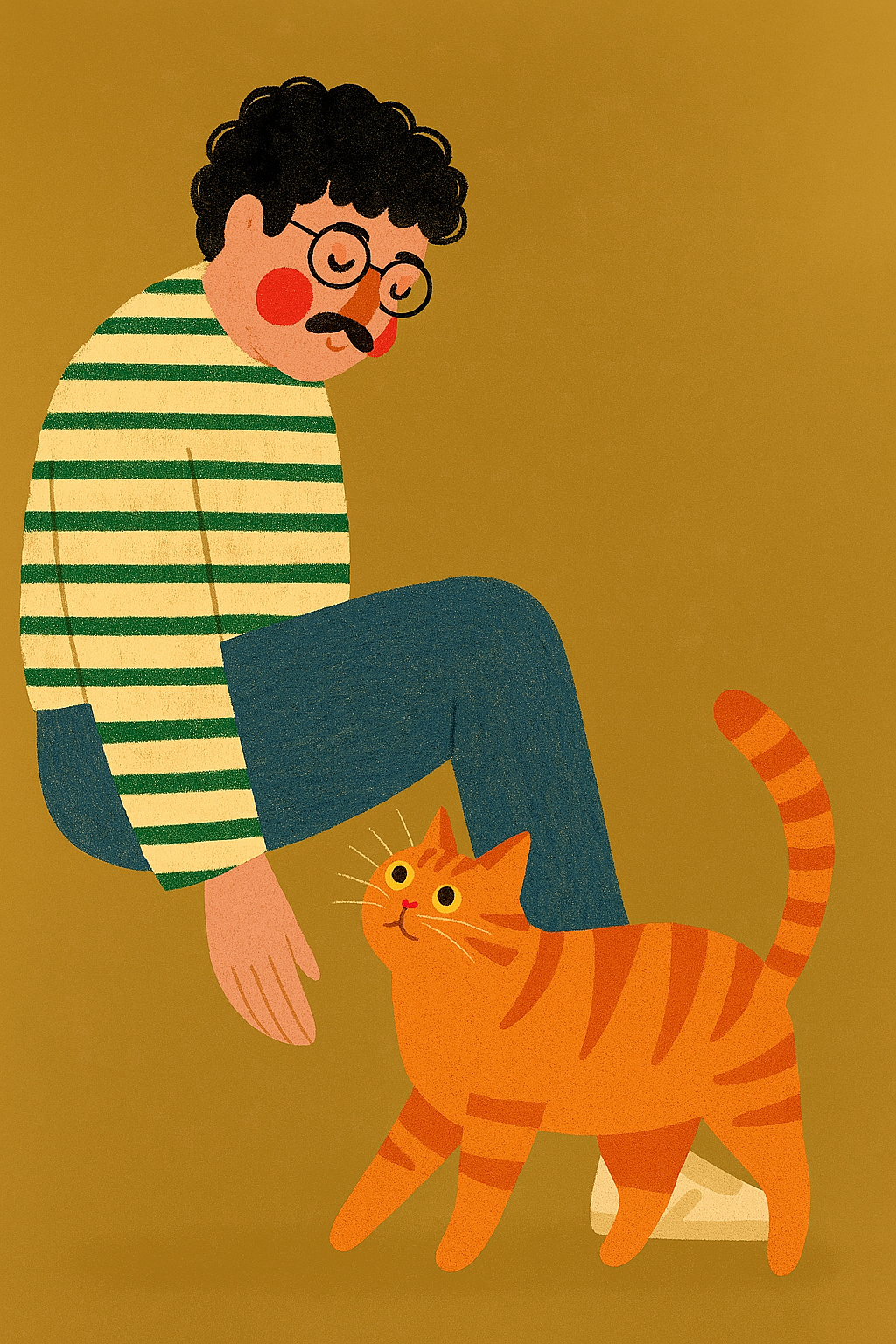It could have been a footnote. A single line in the game. A blink-and-you’ll-miss-it backstory. And for a decade, that’s exactly what it was. But in HBO’s The Last of Us, the relationship between Bill and Frank was given something no queer characters in prestige TV usually get: tenderness, longevity, and—perhaps most shockingly—hope.
“Then love me the way I want you to.”
When “Long, Long Time” aired, queer audiences held their breath. We’ve been conditioned to expect violence, loss, or empty subtext when we see characters like us on screen. But what Craig Mazin, Neil Druckmann, and standout performances from Nick Offerman and Murray Bartlett delivered was something else entirely—something radical in its gentleness.
Breaking the "Bury Your Gays" Cycle
For decades, queer love stories on television have ended in betrayal, tragedy, or moral punishment. Even the most well-intentioned narratives often collapse under the weight of industry tropes: the tragic queer death, the unconsummated relationship, the character sacrificed to fuel a straight protagonist’s journey.
The Last of Us had every opportunity to follow that same path. Instead, it subverted it. Bill and Frank’s story didn’t hinge on denial or subtext. Their queerness wasn’t a side note or a plot device. It was the heart of the episode—the driving force of their survival, their joy, and ultimately, their peaceful exit from a brutal world.
“We'll get married, and you'll cook a delicious dinner. Then you will crush all of these up, put them in my wine. I will drink it. Then you will take me by my hand, bring me to our bed. Then I will fall asleep in your arms.”
Yes, they die. But they do so on their own terms. Not as victims of hate. Not as narrative pawns. But as two people who chose love, right to the very end.
Queer Love, Not Just Queer Pain
What made “Long, Long Time” revolutionary wasn’t just the representation—it was how it was framed.
For once, queer love wasn’t shown as dangerous, selfish, or doomed. It was soft. Mundane. Domestic. Watching Bill cook for Frank, fix the fence, argue over dinner guests—it all felt disarmingly ordinary. And that ordinariness was the point.
Queer viewers saw something rarely depicted on screen:
A life built together over decades.
Intimacy that wasn’t overly sexualised or sensationalised.
Conflict and compromise without cruelty.
Aging side by side, with dignity.
The choice to face death together, with love, not fear.
In a genre built on bloodshed and loss, their story felt like a quiet rebellion—a declaration that queer lives don’t have to end in suffering to be meaningful.
The Song That Said It All
Of course, none of it would have landed the way it did without Linda Ronstadt’s “Long, Long Time”—a haunting ballad of unrequited love and impossible hope.
“Love will abide, take things in stride/Sounds like good advice, but there's no one at my side/And time washes clean, love's wounds unseen/That's what someone told me, but I don't know what it means.”
When Bill and Frank first sit at the piano and fumble through its melody, the lyrics say what Bill can’t yet admit. It becomes their anthem. And when the episode closes with that same song playing on cassette as Joel and Ellie drive toward their uncertain future, it becomes ours.
Because at its core, “Long, Long Time” isn’t just a love song—it’s a story of what we dare to want, even when the world tells us we shouldn’t.
A Template for Something Better
The brilliance of “Long, Long Time” lies in what it dares to show us: that even in the worst of times, queer love can endure. That our stories are worth telling in full—not as footnotes, but as fully realised, deeply human experiences. That we deserve more than pain. That we deserve more.
“This isn't the tragic suicide at the end of the play. I'm old. I'm satisfied. And you were my purpose.”
In giving Bill and Frank their imperfect, beautiful, fiercely human life, The Last of Us quietly rewrote what mainstream television usually allows for characters like them. And for queer viewers used to watching ourselves die in service of someone else’s story, it felt like a revolution.
Found something that hit? There’s more where that came from — @glitchesinthegaydar.

